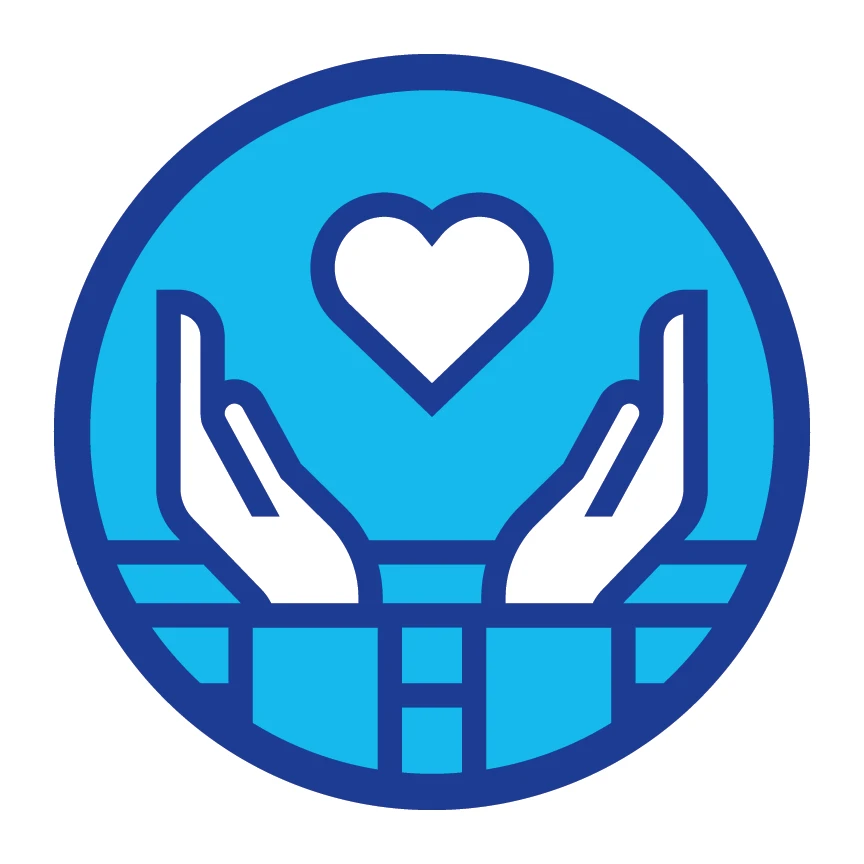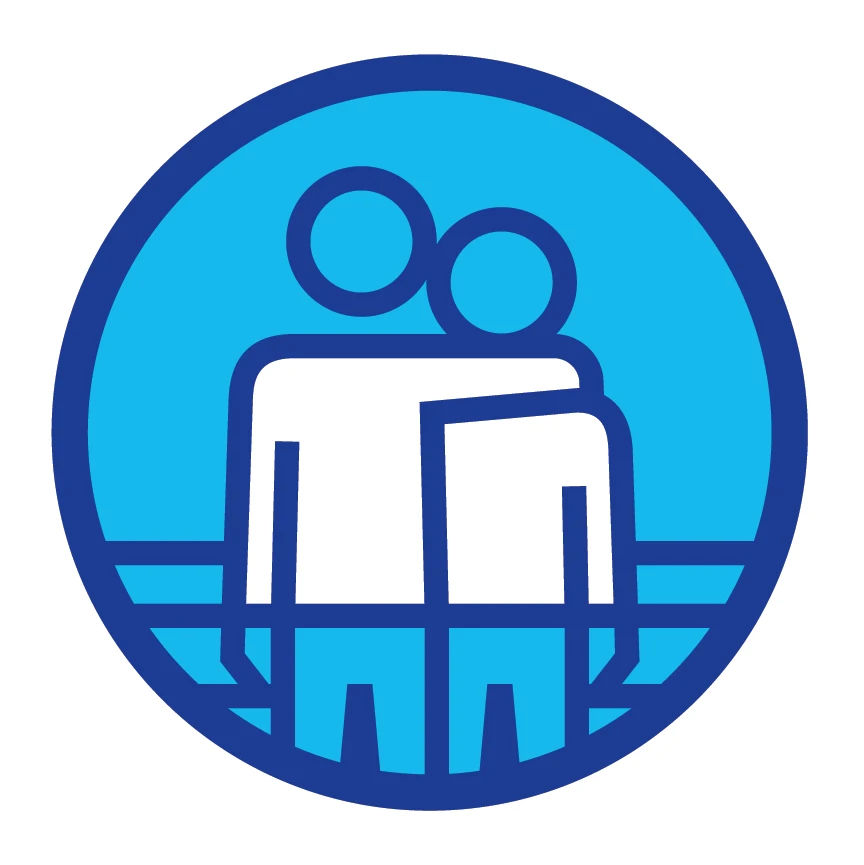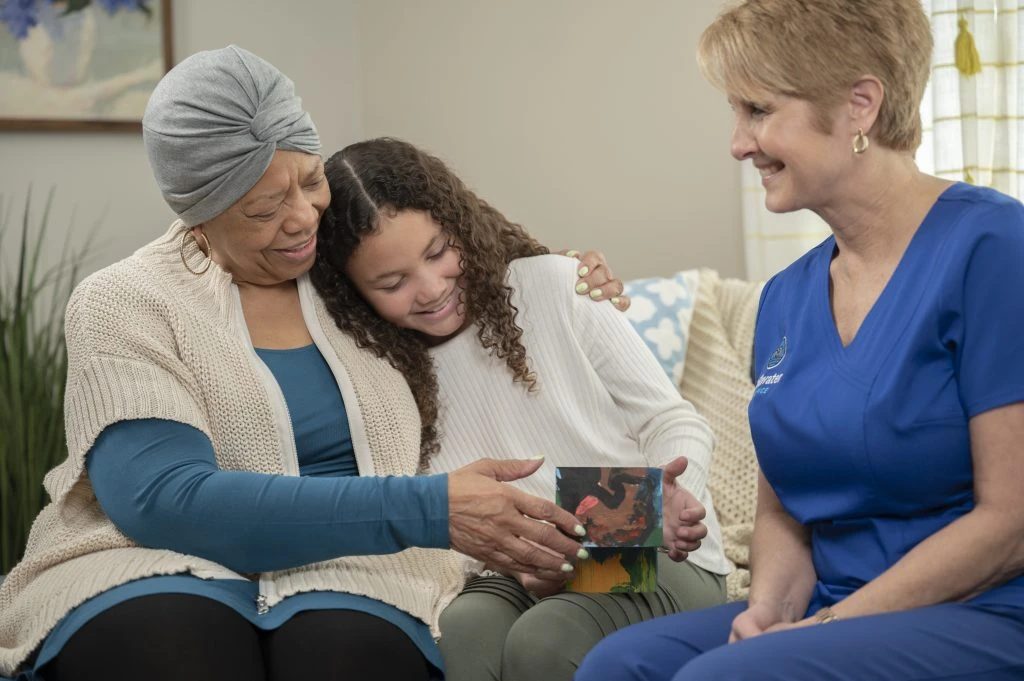 When is the right time to begin hospice services? There’s no perfect answer, but there are signs that would suggest that a hospice consultation is in order.
When is the right time to begin hospice services? There’s no perfect answer, but there are signs that would suggest that a hospice consultation is in order.
- Repeated emergency room visits or hospitalizations for your illness
- Curative treatment options are exhausted
- Needing help with daily life activities, including bathing, dressing and eating
- Bedbound or limited to bed or chair most of the time
- Unintentional weight loss
Discussing all your care options – including palliative and hospice care – is appropriate at any stage of a serious illness. These discussions will help guide you, your physicians and your family in making the best decisions about your care at the right time.
Hospice is appropriate for a variety of conditions, including but not limited to cancer, COPD, stroke, Parkinson’s disease, dementia, ALS, cardiac/heart disease, lung disease, renal failure, liver disease, and many others. Hospice is the model of patient-focused care, alleviating distressing symptoms such as pain and anxiety and provides support for your loved ones as well. It doesn’t mean you are “giving up.” It means you’re choosing to live your life on your terms.
Deciding when to begin hospice is a very personal decision. It often becomes clear that it’s time to consider hospice when tests and treatments are no longer effective, or you are hospitalized repeatedly. Sometimes, your physician will be the first to mention hospice, but often, it is the family who begins the conversation. We encourage you to begin conversations now with your physicians and family members regarding your end-of-life wishes, including advance healthcare planning and the designation of a healthcare agent. Families often tell us that they wished they had called Stillwater in sooner, because our wraparound care “stilled the waters” of chaos that can surround serious illnesses.
Hospice care is most beneficial when referrals are made as early as possible following a terminal diagnosis. The sooner you choose Stillwater Hospice’s expert hospice programs, the sooner we can provide symptom management to help you feel better and can work with you and your family to focus on enjoying meaningful moments.



